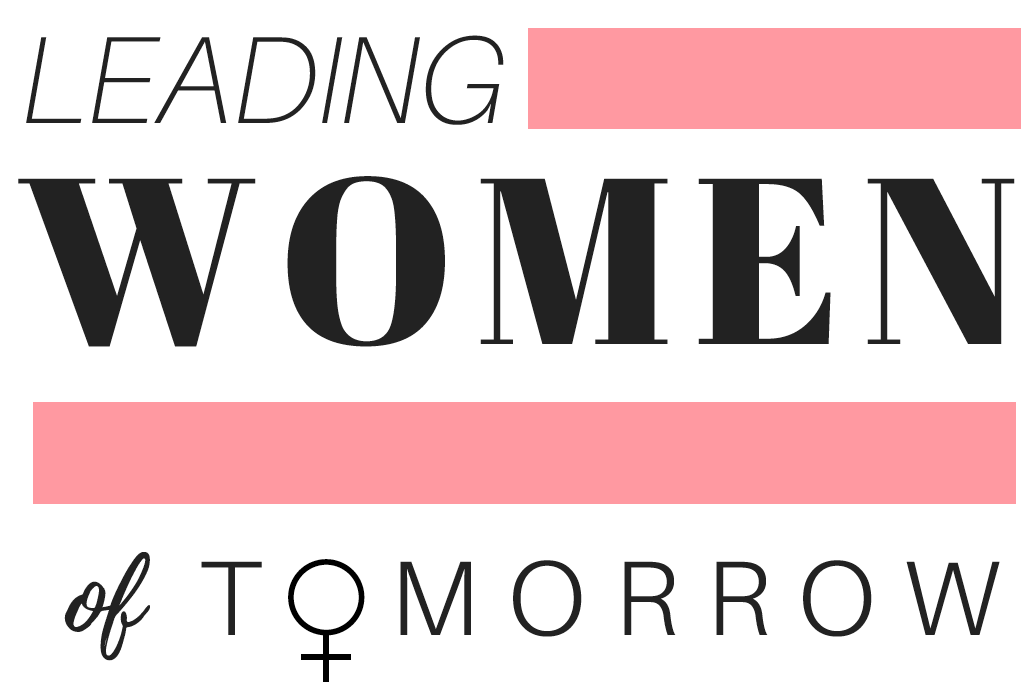Fact: Kamala Harris Is Eligible To Become Vice-President
Source: The Mercury News
When it was announced on August 11th that Senator Kamala Harris (D-CA) would be Joe Biden’s running mate in the 2020 U.S. presidential election, it made her the first Black and South Asian American to be nominated on a major party’s presidential ticket, and only the third female vice-presidential nominee in American history.
Harris, the former Attorney General of California who received national recognition for her stances on criminal justice reform and criticism of the Trump administration (particularly her interrogation of Judge Brett Kavanaugh at his nomination hearing), is no stranger to breaking down barriers. She is currently one of the 25 female senators serving, making up only 25% of the U.S. Senate; consequently, her nomination opened new doors for diversity and representation in public office, in addition to serving as the final piece necessary to unite the Democratic Party.
Source: Latinovations
As she and Biden prepare to face Trump in November, Harris is expected to face many obstacles on her path to vice-presidency, some of which she’s already encountered. President Donald Trump, a vocal opponent of Harris, not only called Harris "nasty", a term associated with his frequent put-downs of female politicians (e.g., Hillary Clinton), but questioned her eligibility to be vice-president and president of the United States. He is not the only one: in an op-ed published by Newsweek, Professor John C. Eastman states that Harris’ citizenship should be subject to scrutiny.
Born in Oakland, CA in 1964 to an Indian mother and a Jamaican father, Harris has stated that being the daughter of immigrants was instrumental in her upbringing. Her mother, a cancer researcher, and her father, then a PhD student at UC Berkeley, aren’t reflective of Eastman’s assumptions about them. According to Eastman, if Harris’ parents were the “temporary visitors” they seemed to be, then she isn’t considered a “natural-born citizen” in the eyes of the 14th amendment, which is required (according to the 12th Amendment) in order to serve as president or vice-president of the United States. This statement is inherently false: Harris has been upfront about spending most of her childhood in a duplex in Berkeley, where she was raised by her now-single mother.
This op-ed, along with Trump’s weaponization of the birther movement (which also perpetuated conspiracy theories regarding President Barack Obama’s citizenship), is distressing for a multitude of reasons. For one, it’s completely false. According to experts who lambasted Eastman’s piece upon its publication, Harris is considered a naturalized citizen, therefore making her eligible to become president and vice-president. Secondly, it paints a racist and xenophobic picture of immigrants (and their children), something that the Trump administration is no stranger to promoting. As of 2018, 44.7 million immigrants resided in the United States, a sign that they’re much less a minority and more of a majority. It underscores the current debate about who is considered a citizen, as well as who is considered an American.
Source: Vox
Most importantly, the op-ed exhibits the same kind of fear demonstrated when Barack Obama was running for president. It’s a sad reality that, the moment a person of color (or any individual from a marginalized community), dares to run for high positions in public office, there is a resounding backlash against them. Suddenly their citizenship, which is completely valid, is called into question, or irrelevant aspects of their character or identity are criticized. Why? Is it because people are scared of the type of change these revolutionary figures might make in America? Perhaps people are hypervigilant of those who dismantle stereotypes, and instead focus on those who reinforce their views.
In this day and age, we need more people like Kamala Harris, who will not only challenge, dismantle, and question the status quo, but will redefine their roles in public office for not only their supporters, but their dissenters.



